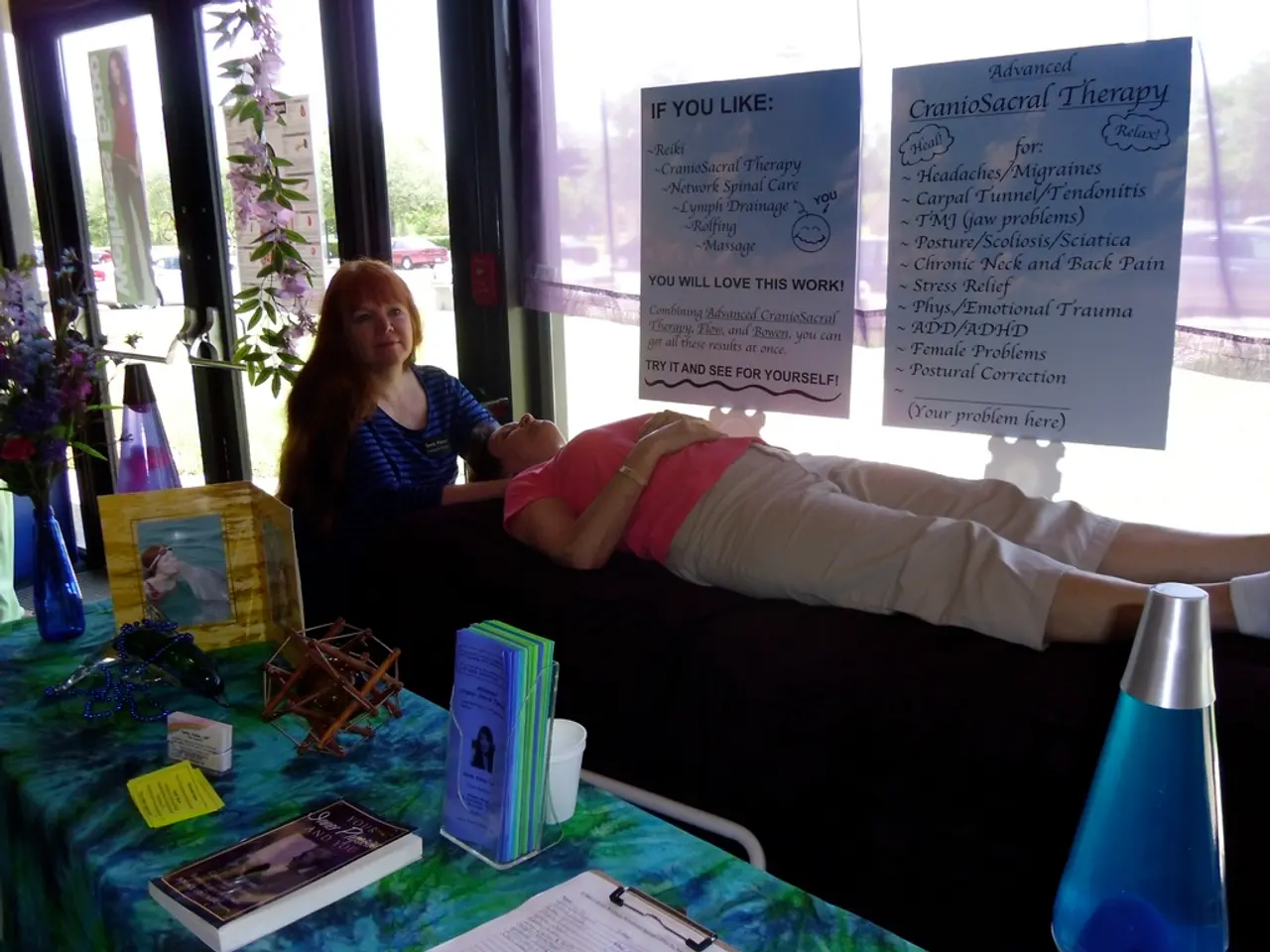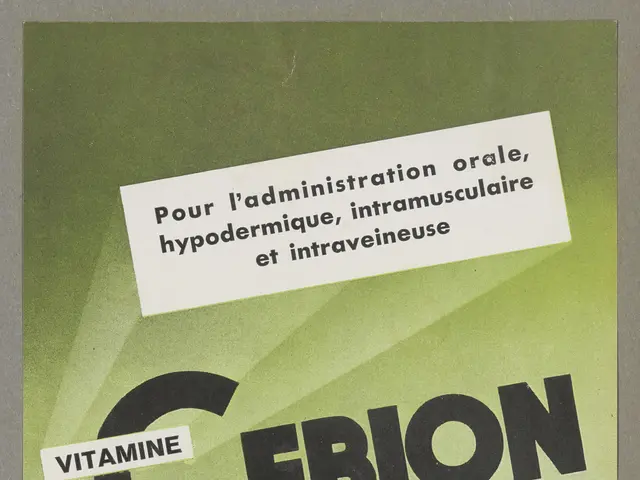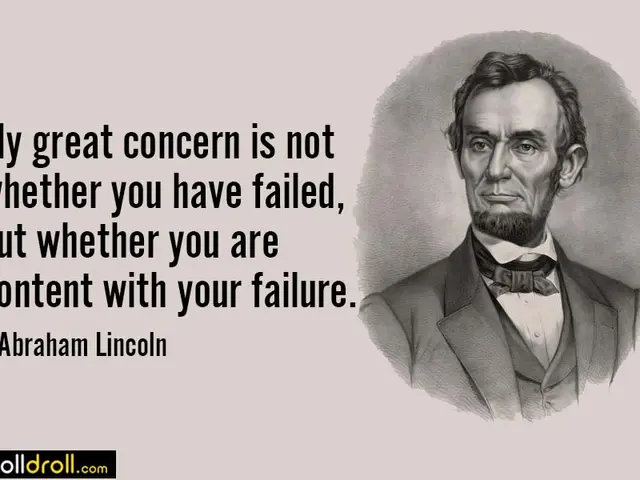Techniques for soothing anxious feelings before a medical consultation
In the realm of healthcare, anxiety before or during a medical appointment is a common experience for many individuals. This article outlines various strategies to manage anxiety, offering practical preparation, psychological techniques, and supportive measures.
Before the appointment, one can schedule smartly, choosing a time that feels less pressured, often in the afternoon or evening to avoid the morning jitters. A light, protein-rich meal is recommended to avoid jitteriness, while avoiding stimulants such as caffeine and sugary drinks can help reduce heightened anxiety symptoms.
Limiting excessive health-related internet searching and sticking to reliable sources is essential to prevent fueling anxiety. Writing down questions and concerns helps a person feel prepared and stay focused during the visit. Bringing a friend or family member for moral support can also be beneficial.
During the appointment, deep breathing, meditation, or progressive muscle relaxation can help calm physical tension. Distracting oneself with music, podcasts, reading, or hobbies can occupy the mind, while accepting comfort or relaxation aids, if available, can provide additional relief. Communicating openly with the provider about anxiety and asking about what to expect during procedures/tests can also help alleviate fear.
In terms of ongoing self-management techniques, practicing mindful body scanning and regular exercise can build body confidence and reduce anxiety. Keeping a symptom log can help distinguish anxiety symptoms from actual medical issues. If anxiety is severe or linked to specific fears, such as fear of doctors, therapy like cognitive-behavioral therapy (CBT) may be beneficial to address root causes and learn coping strategies.
Letting the medical staff know that a person is feeling anxious can inform the doctor, potentially leading to more personalised care. White coat syndrome, where a person's blood pressure increases due to anxiety caused by the appointment itself, accounts for approximately half of people attending further appointments for high blood pressure. Writing down fears, concerns, or symptoms can help a person feel prepared.
Planning ahead, using distractions, and practicing anxiety-reducing techniques can help reduce a person's anxiety before a medical appointment. Taking something to help distract a person in the waiting room, such as books, magazines, handheld games consoles, or playing games like "I spy" with a child, can help reduce anxiety. Building a good relationship with a doctor can make a person feel less anxious over time.
A person may also seek help from a mental health professional if they have a phobia contributing to their anxiety about medical appointments. Taking notes to the appointment can help a person refer to them as needed. A person may want to consider taking a friend, loved one, or someone they trust to an appointment for support.
By implementing these strategies, individuals can reduce anxiety, enhance a sense of control, and improve the overall experience of medical appointments. For more information on white coat syndrome, further reading is encouraged.
Engaging in cognitive-behavioral therapy (CBT) might be helpful for those struggling with phobias and subsequent anxiety related to medical appointments. Establishing a relationship with a healthcare provider can lead to more personalized care, potentially alleviating anxiety and making the overall experience more manageable.




